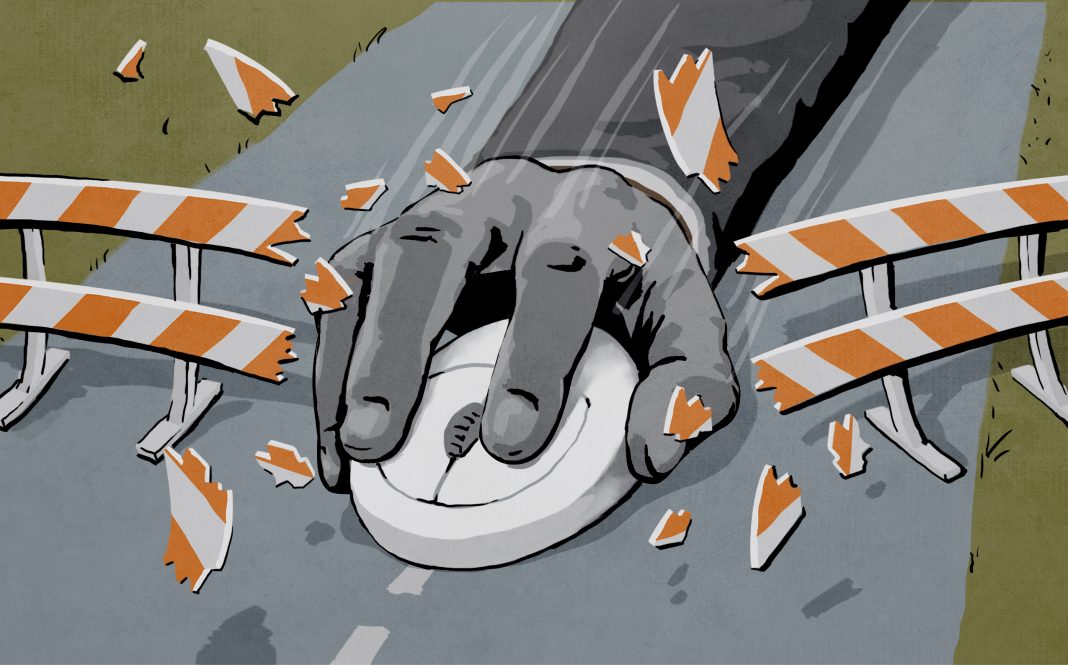The Belarusian authorities tighten the Internet regulation; the president resumes the anti-corruption rhetoric
 The situation has not changed
The situation has not changed

Amid falling popular ratings of public institutions due to the lack of improvements in people’s well-being, the Belarusian leadership has resumed the anti-corruption rhetoric. The authorities have introduced further restrictions on the Internet and are attempting to prompt self-censorship in the independent media.
The president is forced to respond to criticism in a society of his anti-corruption policy. In particular, public officials, previously convicted on corruption charges, are often released early and reappointed as senior managers in state organisations.
Although the authorities are striving to raise wages to the targeted BYN 1000 (some USD 470, as ordered by the president), they hardly manage to do so in most regions and people’s well-being has not improved. The outflow of workers and young people remains high, and the president appears to be concerned about it.
The president’s response to the early release of corrupt officials was most likely due to the increased impact on public opinion of social and independent online media, which gradually gain a foothold in shaping the information policy in Belarus. The authorities aim to restrict the impact of social media and non-state media by banning anonymity on the internet. In particular, the Information Minister, Karlyukevich, announced an obligatory registration by phone number for all those wishing to leave their comments on websites. That said, law enforcers already have sufficient tools to identify users on the Internet even without such registration.
Apparently, the authorities’ major goal is to enhance self-censorship on the internet and to reduce the impact of alternative information on public opinion. For example, another anti-fa activist from Grodno was fined for a repost in the social media and the Belarusian National Committee leader, Statkevich, was sentenced to 5 days of arrest for urging people through Facebook to participate in an unauthorized rally.
Law enforcers have further enhanced pressure on the independent media through the so-called BelTA case. Apparently, they use criminal prosecution to put pressure on their primary target – TUT.BY, a popular independent news portal with an audience of some 2 million readers. In order to downplay the BelTA case internationally, the authorities have dropped charges against two defendants – Deutsche Welle correspondent Pavlyuk Bykovsky and Editor of the Realt.by portal Vladislav Kuletsky. However, they have enhanced charges against the Chief Editor of TUT.BY, Marina Zolotova.
Gearing up for the election campaigns of 2019-2020, the authorities are likely to undertake efforts to regain the state monopoly on the information space in Belarus. Law enforcers are likely to use targeted and headline-making repressions to enhance self-censorship in society.
Subscribe to our newsletter




Situation in Belarus
Constitutional referendum: main consequences


 Video
Video
How to count the political prisoners: are the new criteria needed?


 Video
Video
Paternalism In Decline, Belarusian Euroscepticism, And The Influence Of Russia


 Video
Video












